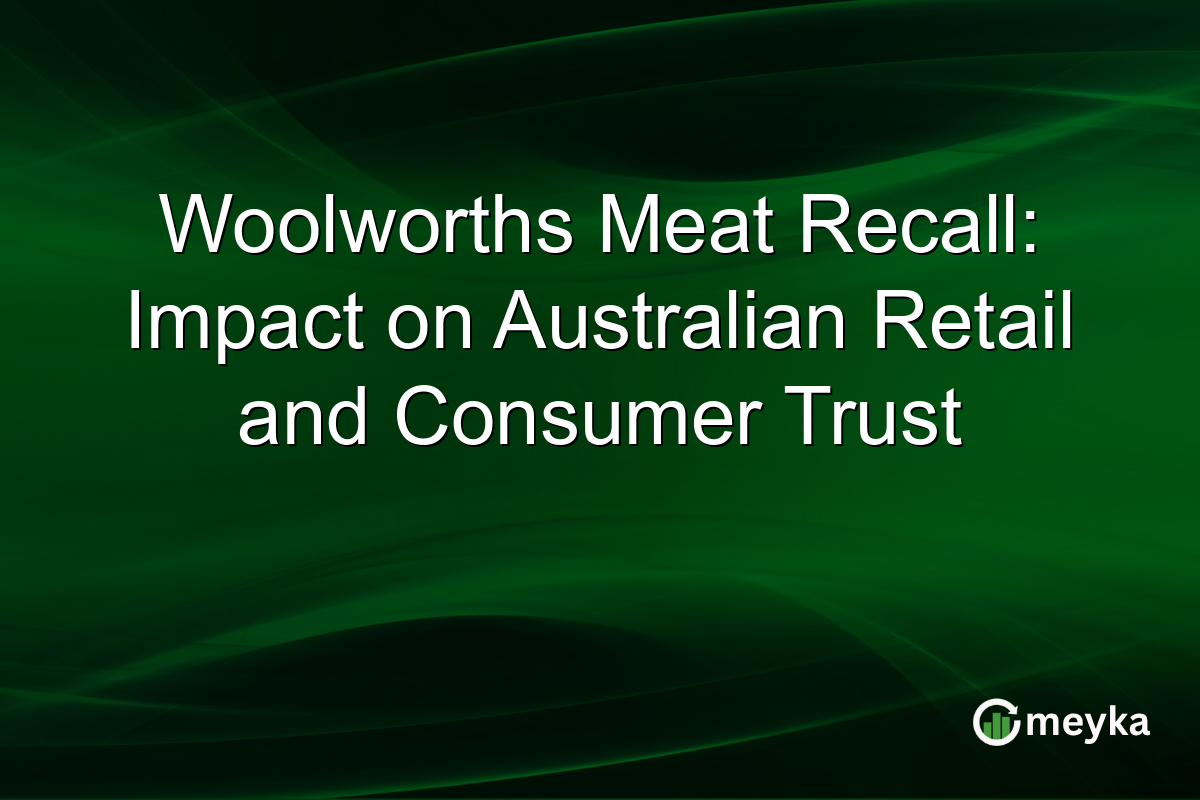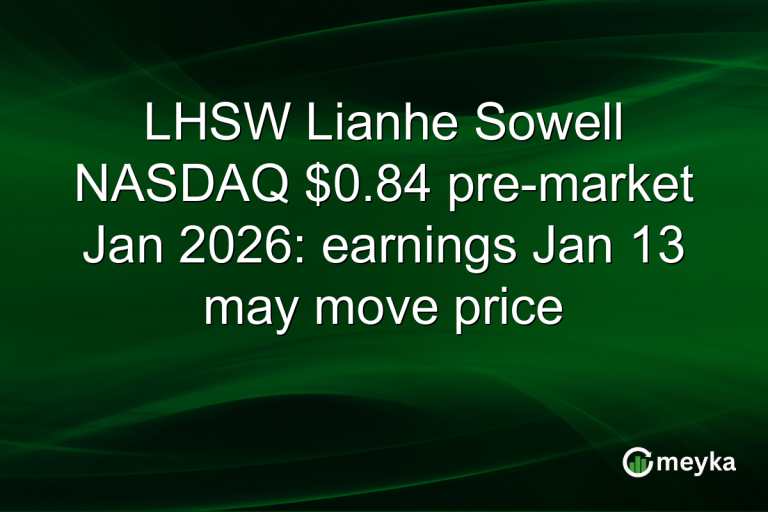Woolworths Meat Recall: Impact on Australian Retail and Consumer Trust
Recently, Woolworths has initiated a significant meat recall, impacting its operations in Australia. Triggered by listeria contamination risks, this recall includes Götzinger Smallgoods. Such incidents are vital as they directly affect consumer trust and highlight concerns about food safety standards in the retail industry. The repercussions extend beyond immediate health risks, affecting retail reputations and operational dynamics. Understanding how this recall impacts the Australian grocery sector provides insights into future consumer behavior and retail responses.
Continue Reading on Meyka
This article is available in full on our main platform. Get access to complete analysis, stock insights, and more.
Read Full Article →





